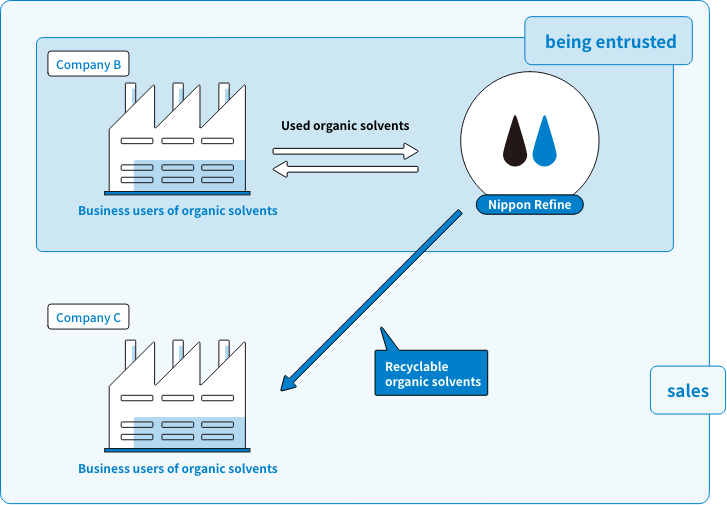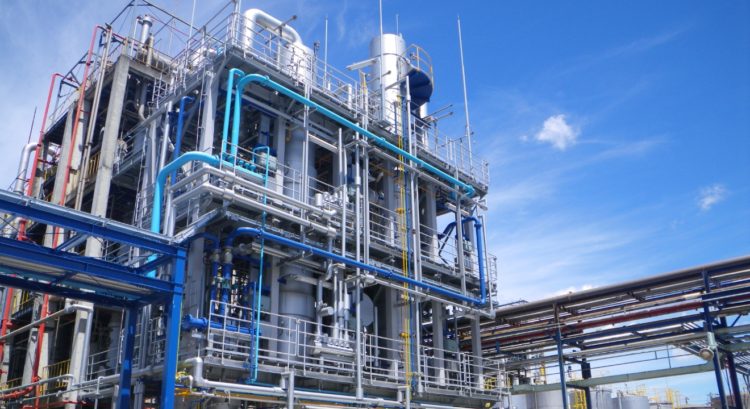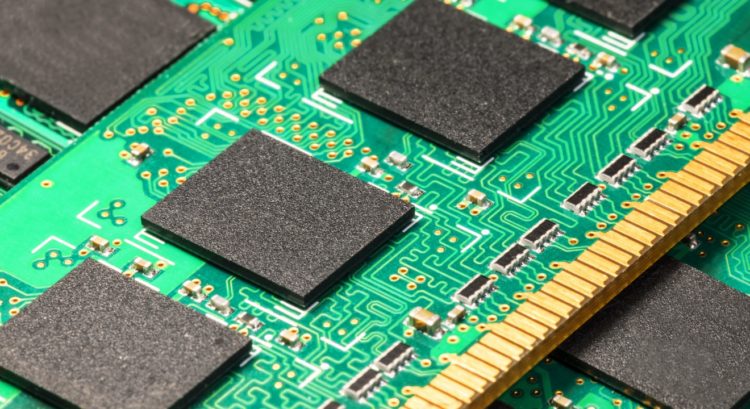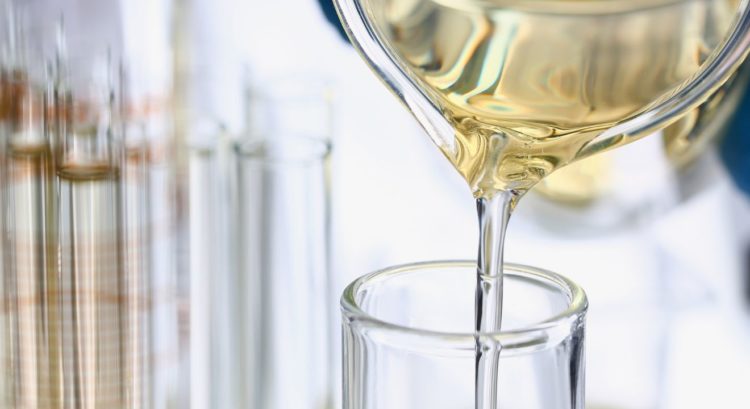Refining and Recycling Business
Refining and Recycling Business
At Nippon Refine, our business is twofold. One aspect involves contract work where we collect used organic solvents from customers, refine them for reuse, and return them to the customers. The other aspect involves selling the recycled, reusable solvents to other customers for their own reuse.

Organic solvents are widely used and highly convenient, but most of them require incineration, which contributes to global warming.
To tackle this issue, Nippon Refine leverages separation techniques, particularly distillation, to effectively recycle used organic solvents and establish a sustainable recycling loop for finite resources. Moreover, we are actively exploring innovative avenues for organic solvents, daring to promote the utilization of solvents derived from terrestrial resources, which are essential for achieving a sustainable society and creating products with new functions.
Features
Building Optimal Processes
Based on our years of experience with real solvent tests and our in-house simulator, we can create optimal processes for efficient distillation and refining.
High-precision Separation Technology
We employ specialized distillation techniques like azeotropic distillation and extractive distillation to effectively separate challenging azeotropic waste solvent mixtures. Moreover, we have expertise in handling metal ions with stringent specifications, particularly in solvents for semiconductors and electronic materials.
A Reliable Contracting System
In addition to a thorough quality control system using state-of-the-art analytical instruments and technology, we also monitor thermal behavior and gas generation behavior using various calorimeters to ensure safe working environment. For BCP, we have established a production system of more than 4,000 tons per month at three factories in Japan.
Technical Verification by Pilot Plants
While some projects can be directly scaled up from the laboratory level to full-scale equipment, we have several pilot plants dedicated to conducting detailed verification and validation processes. By integrating these pilot devices, we can perform simulations that closely resemble the actual product, including specialized distillations, and generate a greater number of product samples.
Recycling Case Studies
| Pharmaceuticals and Agrichemicals |
|---|
| Recycling reaction solvents
(THF, MTBE, pyridine, acetonitrile) |
| Recycling organic solvents used during the purification process
(IPA, ethyl acetate, butyl acetate, hexane, heptane) |
| Electronics and Electronic Materials |
|---|
| Recycling organic solvents used during the LCD and semiconductor manufacturing process (PGME, PGMEA, MEA, DMSO, types of glycol) |
| Recyling electronic component cleaning agents (IPA, NMP, acetone) |
| Recycling organic solvents generated from the lithium-ion battery manufacturing process (NMP, EC, PC) |
| Recycling recovered solvents generated from the optical film manufacturing process (MEK, toluene, acetone, ethyl acetate) |
| Chemicals, Materials, and Resin |
|---|
| Recycling organic solvents generated from the high-performance resin manufacturing processes. (DMF, NMP, DMAC, DMSO, MEK, GBL) |
| Recycling organic solvents generated from the resin film manufacturing process (THF, IPA) |
| Textile and Synthetic Leather |
|---|
| Recycling organic solvents generated from the synthetic leather manufacturing process
(DMAC, DMF) |
| Ink |
|---|
| Recycling cleaning agent for ink manufacturing equipment
(acetone, isobutanol) |




